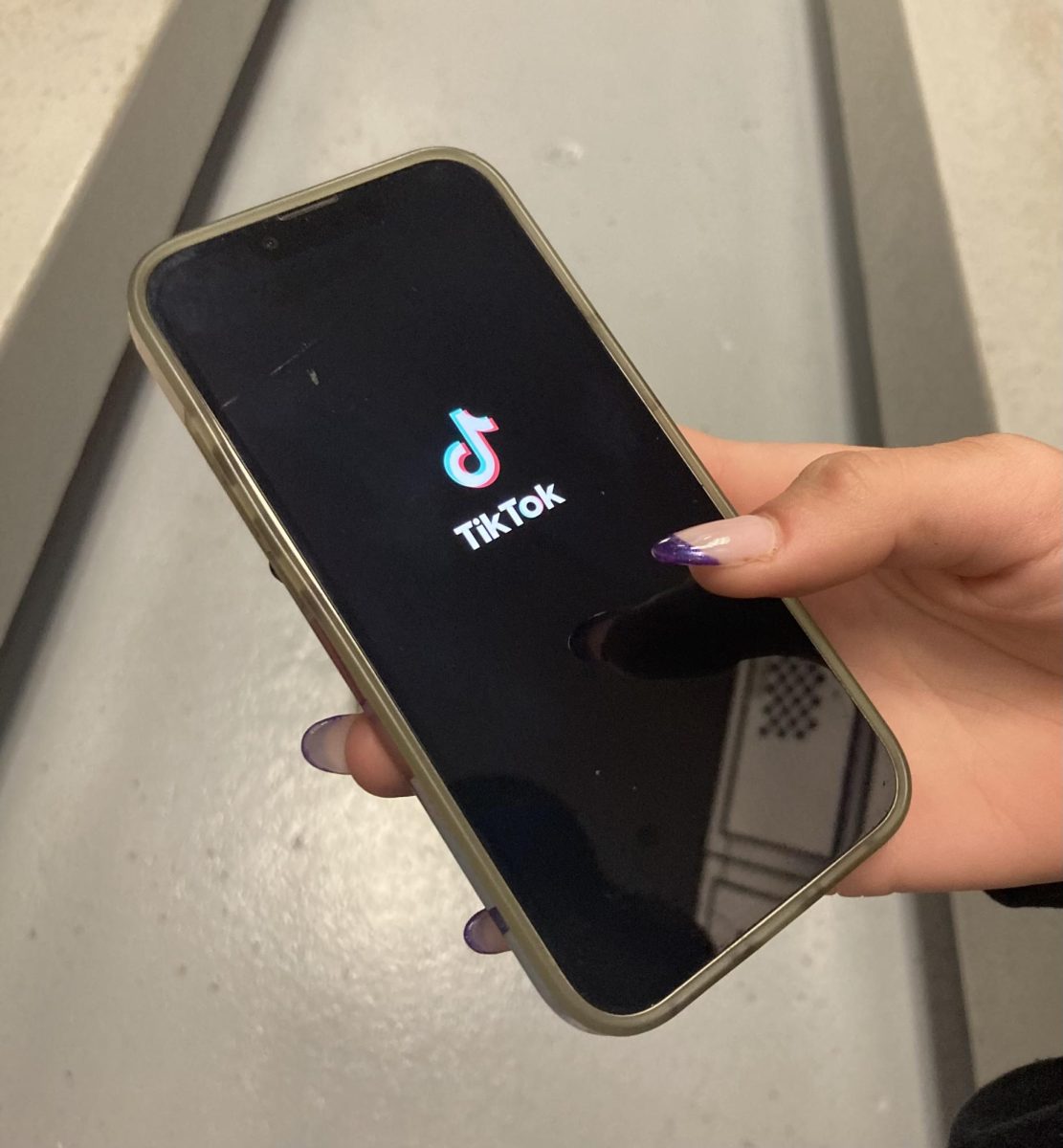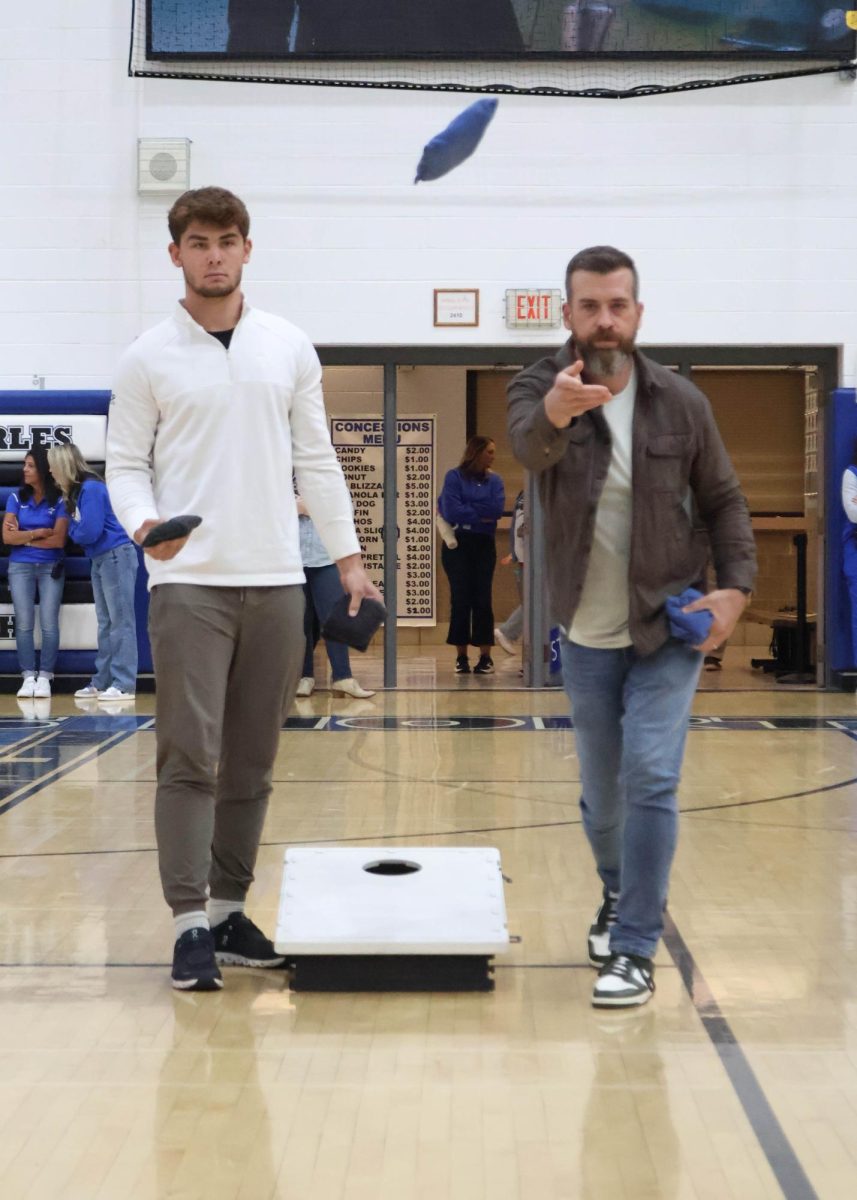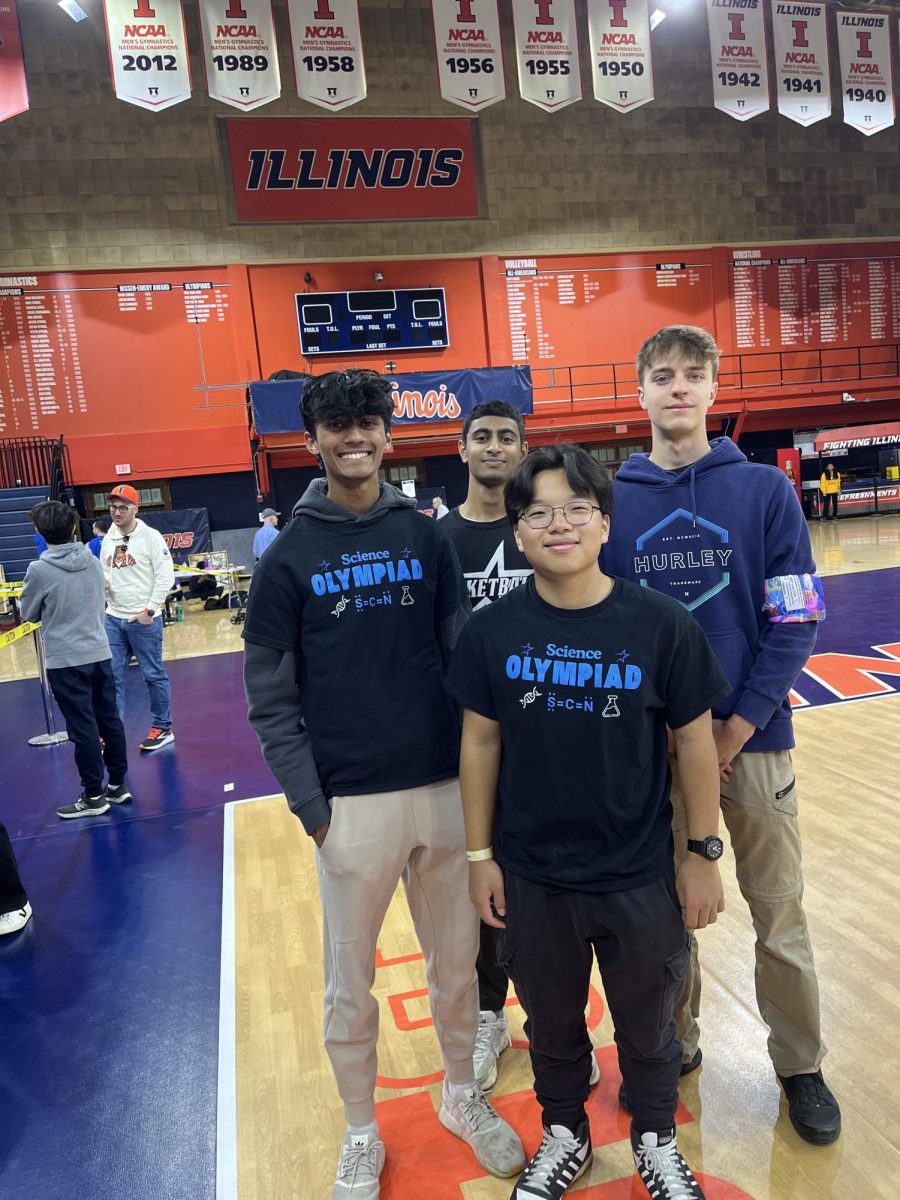On Wednesday, April 24, President Joe Biden signed a law into action that includes the potential ban of the popular social media app TikTok if its Chinese parent company ByteDance doesn’t sell its ownership within a year.
The decision to ban TikTok is a smaller component of the law, which primarily serves as a foreign aid package worth $95 billion. Parts of this package will go towards aiding Ukraine, Israel and Taiwan. The potential ban of TikTok falls under a smaller act within the legislation entitled the ”Protecting Americans From Foreign Adversary Controlled Applications Act.”
The act makes it so that apps controlled by foreign adversaries, like China, cannot legally operate in the United States. While TikTok was the intended target with this law, the legislation applies to any app determined as a “foreign adversary controlled application.”
This law allows TikTok to stay available to Americans as long as ByteDance sells its stake in the app to an American buyer in under 270 days. Biden has the option to extend this time period an extra 90 days.
The move to prohibit Americans from using TikTok comes from the U.S. government’s long-standing mistrust of the app’s possession of user sensitive data. TikTok has access to information on users’ email addresses, phone numbers, browsing history, the videos they interact with and sometimes their geolocation if they consent to it. While it isn’t necessarily abnormal for apps or companies to have this kind of information on its users, the request for ByteDance’s divestment from TikTok intends to prevent the Chinese government from gaining access to this data and posing a larger national security threat.
TikTok and ByteDance filed a lawsuit against this decision on Tuesday, May 7 claiming the ban is unconstitutional and violates first amendment rights of American TikTok users.
“Congress has taken the unprecedented step of expressly singling out and banning TikTok: a vibrant online forum for protected speech and expression used by 170 million Americans to create, share and view videos over the Internet,” said ByteDance in their lawsuit. “For TikTok, any such divestiture would disconnect Americans from the rest of the global community on a platform devoted to shared content – an outcome fundamentally at odds with the Constitution’s commitment to both free speech and individual liberty.”
ByteDance confirmed they are not planning to sell the app in a statement on Toutiao, a popular news app in China that the company owns.
“ByteDance doesn’t have any plan to sell TikTok,” the statement said.
However, with the company’s lawsuit against this push to ban the app, TikTok has expressed its confidence in keeping the app available to its American users.
“Rest assured, we aren’t going anywhere,” said TikTok CEO Shou Chew in a video on the platform. “The facts and the Constitution are on our side.”
TikTok continues to play a large role in the lives of millions of Americans, including those of North students and staff. While it most often serves as an entertainment platform, some of North’s clubs use TikTok as a tool to share content and make announcements.
Some believe a TikTok ban would be beneficial due to its harmful effects on North’s educational environment. Psychology teacher Jenna Bruhn compares student TikTok usage to the psychological concept of reinforcement schedules, where users are “rewarded” with videos they find entertaining by spending hours scrolling.
“You are always looking for the next, it’s like gambling. You could watch 10 boring videos in a row, but you’re hoping number 11 is good,” said Bruhn. “Without realizing it, [you’re] just scrolling to find that good one. Class is never gonna beat that because you’re hoping for something to grab your entertainment.”
As a teacher, Bruhn expresses her worry about how TikTok and general student phone usage impact students’ focus on their learning.
“We’ll never win when it comes to your phone because [students] perceive it as more fun and more important in the moment. You’ll just find people scrolling for hours,” said Bruhn. “I don’t hate TikTok, I just think it’s become way overused.”
While for others, banning TikTok would mean the loss of access to valuable connection, self-expression and learning.








![[SATIRE] Schoology block causes chaos](https://scnstargazer.org/wp-content/uploads/2025/03/Man-another-one-Thats-the-third-site-this-week-1-1200x857.png)
